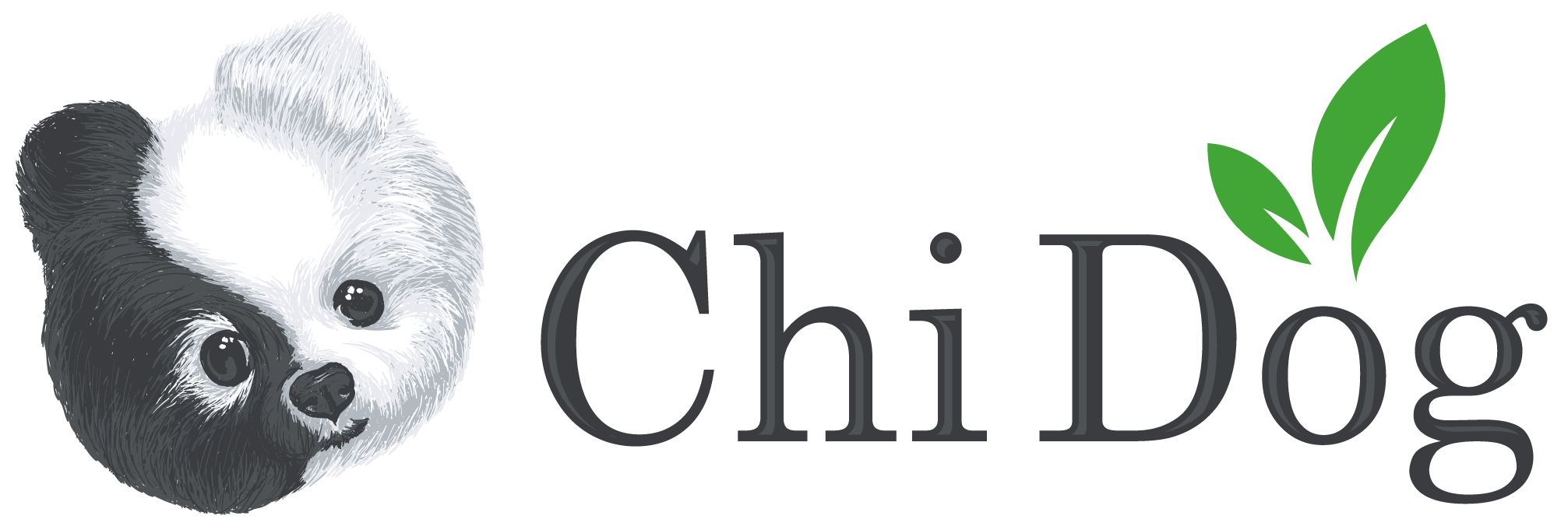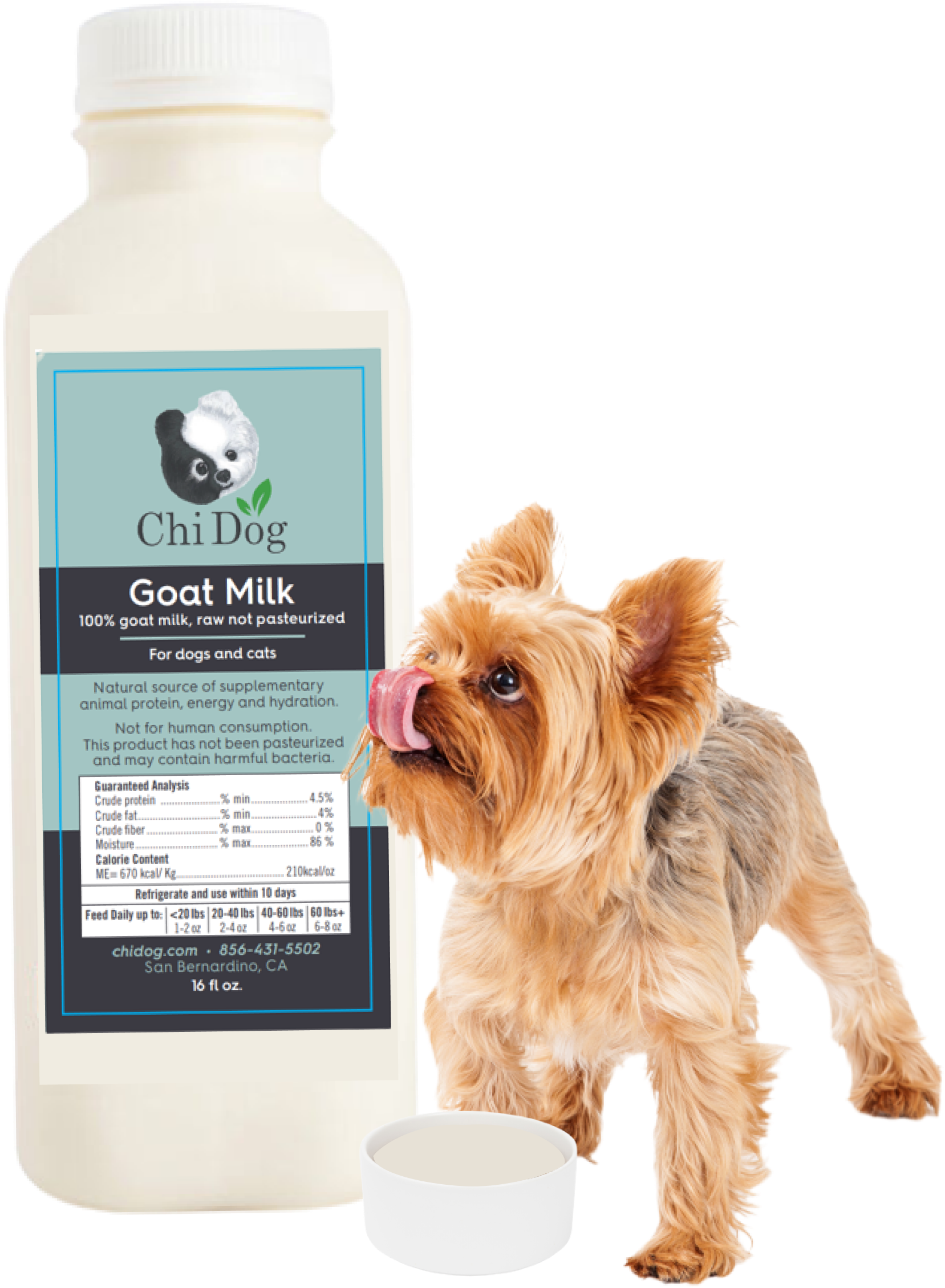
Chi-Dog: Holistic Human-Grade Low Copper Dog Food
Did you know that copper can provide immune system and nervous system support for your dog? Copper also aids in red blood cell formation and helps keep bones and connective tissues healthy. However, for some dogs, a low copper dog food is necessary, and we have several options here at Chi Dog.
While copper in appropriate amounts can be beneficial, there are several reasons why a dog parent might need to switch to a low copper dog food, including:
- Copper Storage Disease
Some dogs, especially certain breeds like Bedlington Terriers, Doberman Pinschers, and Labrador Retrievers, are genetically predisposed to a condition where their liver accumulates excessive amounts of copper. This can lead to liver damage, inflammation, and eventually liver failure. Low-copper dog food helps manage and prevent the progression of this condition.
- Liver Disease
Dogs with liver disease may have difficulty processing and excreting copper, leading to a buildup in the liver. Feeding a low-copper dog food for liver disease can reduce the stress on the liver, help manage the disease and support liver health.
- Breed Susceptibility
Some breeds are more prone to copper accumulation in their bodies. For these breeds, a low-copper diet can be a preventive measure, even if they haven't shown signs of copper storage disease yet.
In addition to the breeds mentioned above, other breeds prone to liver issues and copper-associated hepatopathy (CAH) include dalmatians, West Highland white terriers, Skye terriers, cocker spaniels and Keeshonds. Opting for a dog food for liver disease may be able to prevent these issues from developing.
Symptoms of Liver Disease In Dogs
A yearly checkup with a full blood workup can ensure that you catch liver issues as quickly as possible. However, if you notice any of the following symptoms, contact your veterinarian as soon as possible to determine if liver issues or other health problems are causing these symptoms.
- Gastrointestinal Symptoms
- Loss of Appetite: A reduced desire to eat or complete refusal of food.
- Weight Loss: Unexplained weight loss, often due to a combination of poor appetite and nausea.
- Vomiting: Frequent vomiting, which may be accompanied by bile or blood in severe cases.
- Diarrhea: Chronic diarrhea, sometimes with dark or tarry stools indicating internal bleeding.
- Excessive Thirst and Urination: Known as polydipsia and polyuria, these symptoms can indicate a problem with the liver's ability to process and eliminate toxins.
- Behavioral Changes
- Lethargy: A noticeable decrease in energy levels and general activity.
- Depression: Signs of sadness, disinterest in play or walks, and withdrawal from social interaction.
- Confusion or Disorientation: Dogs may seem lost in familiar places, have trouble recognizing people, or appear to be in a mental fog.
- Aggression or Irritability: Some dogs may become unusually aggressive or irritable.
- Jaundice (Icterus)
- Yellowing of the Eyes, Gums and Skin: Jaundice is a hallmark sign of liver disease, resulting from the liver's inability to process bilirubin. It’s most easily seen in the whites of the eyes, gums, and sometimes on the skin, especially in lighter-coated dogs.
- Abdominal Issues
- Swollen Abdomen: Known as ascites, this condition is caused by fluid buildup in the abdomen due to liver dysfunction.
- Abdominal Pain: Dogs may exhibit discomfort when their abdomen is touched or may assume a hunched posture to alleviate pain.
- Neurological Symptoms (Hepatic Encephalopathy)
- Seizures: Liver disease can lead to hepatic encephalopathy, which may cause seizures.
- Uncoordinated Movements: Ataxia or difficulty walking, staggering, or stumbling.
- Head Pressing: A condition where the dog presses its head against walls or objects, often a sign of severe neurological involvement.
- Changes in Urine and Stool
- Dark Urine: A sign that the liver is not processing bilirubin properly, leading to higher levels in the blood.
- Pale or Gray Stools: This can occur if bile production is impaired, as bile gives stools their normal brown color.
- Bloody Stools or Urine: Indicating internal bleeding or severe liver dysfunction.
- Skin and Coat Issues
- Poor Coat Condition: The coat may become dull, dry, or brittle.
- Itching and Irritated Skin: Some dogs develop itching or skin infections due to liver disease.
- Bleeding or Bruising
- Spontaneous Bleeding: The liver is involved in clotting, so liver disease can lead to bleeding disorders. Dogs might bleed easily or have unexplained bruises.
- Bad Breath
- Foul Odor: A distinct, often sweet, or musty odor on the dog’s breath can be a sign of liver disease, sometimes described as "liver breath."
- Infections
- Increased Susceptibility to Infections: The liver plays a crucial role in the immune system, so liver disease can make dogs more prone to infections.
If you notice any of these symptoms, please contact your veterinarian. These symptoms also can be indicative of other issues such as diabetes, kidney disease, cancer, allergies, urinary tract infections or other conditions that require treatment and possibly dietary changes.
How Diet Can Help
Whether you are searching for a low copper dog food as a preventative measure or you have a dog with liver disease or copper storage disease, switching to a holistic dog food specially formulated for dogs with copper and liver issues can be an excellent option.
In general, the best dietary option for dogs with liver issues or copper sensitivity would be a gently cooked human-grade diet with ingredients low in copper. While a raw diet can be nutritionally sound, gently cooked food is easier on your dog’s digestive system and most raw diets include organ meats which are extremely high in copper.
While you might be able to find a prescription dog food for liver disease, we don’t typically recommend this option either. For one thing, these prescription foods are highly processed, which can be pro-inflammatory. Second, dogs rarely like the taste of prescription meals, and if you have a picky eater, you may find them turning up their snout at this unappetizing option.
With human-grade dog food, your furry companion gets to enjoy the same foods you eat, which they love, and we have several low-copper dietary options that can support liver health. For instance, our Wood Diet is an excellent option. The low-copper ingredients include chicken, chicken eggs, Chinese eggplant, carrots, broccoli and brown rice.
Not only are these ingredients low in copper but the Wood Diet is a low sodium dog food and a low carb dog food. This option is suitable for liver support as well as for dogs needing a sensitive stomach dog food, for picky eaters and for dogs prone to seizures.
While this gentle diet can be a great option, our Fire Diet (our most anti-inflammatory diet) and the Metal Diet (our most hydrating diet) can be other options to consider. The Fire Diet also can be a good choice for dogs prone to skin allergies and urinary tract infections as well as for dogs that need a low fat dog food for pancreatitis or for dogs with Cushing’s disease or heart disease.
The Metal Diet also is low in copper and can be a good match for dogs with liver issues as well as dogs prone to dry skin and dogs with diabetes and lung issues. Because of its hydrating properties, the Metal Diet also can be a good match for dogs that suffer from chronic constipation.
At Chi Dog, each of our dietary options was developed using the theories of Traditional Chinese Veterinary Medicine. The five elements of Traditional Chinese Veterinary Medicine—Wood, Fire, Earth, Metal, and Water—represent fundamental forces in nature that interact and balance one another, guiding the diagnosis and treatment of animals by aligning their physical and emotional health with these natural cycles.
We’ve named each of our diet options for these elements and each is formulated to address specific health issues as well as to maintain optimum health for dogs without medical issues. We encourage you to click on the Get Started tab on our homepage to discover which of our dietary options is the best fit for your dog.
What About Dog Treats?
Many treats use organ meats, especially beef liver, as a main ingredient, but organ meats have very high levels of copper, so it is best to avoid any treats with these meats as well as ingredients such as whole grains and soybeans. Additionally, most treats are heavily processed so it’s best to offer a snippet of human food such as a bit of banana, a nib of carrot or perhaps a nibble of strawberry.
Get Started With Chi Dog – Enjoy 20% Off Your First Order
At Chi Dog, our veterinarian-created meal plans are meant to be food therapy for your furry friends. Whether you need a low copper dog food, an anti-inflammatory diet, a kidney diet for dogs or simply are searching for a holistic diet that truly meets your dog’s nutritional needs, Chi Dog can be an excellent option to consider. If you have any questions about out any of our diet plans, don’t hesitate to contact us at any time.


